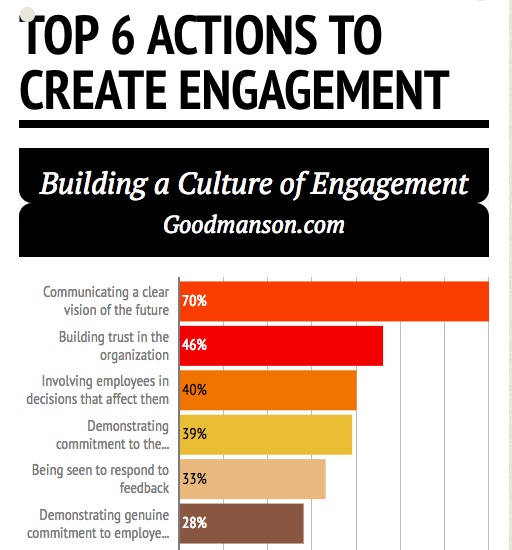Lately churches have spoken a lot about being relevant to the culture. For many churches, this was a necessary first step. We had to begin by taking a missionary posture to understand the prevailing worldview and the ideological shifts that occurred in the last decades. Sadly, many churches have not even begun this process. For many of those that have changed, we are seeing new forms of church being expressed, new missional postures, great dialog with non-believers and a real intentionality to live as 'reformissionaries'.
So now many of you have relevant churches, what do you do? What are the next steps for your church?
Here is one area I believe Christians need to grow. The Christendom Ghost (meaning the view that America is a Christian nation) is quickly disappearing. The reality we enjoy of morality, law and order are all based on this ghost that will be gone in a generation or two. Being relevant is only one part of our calling, we also need to be a witness to a lost world. Pastors and lay leaders need to train the church in triperspectival apologetics. Let me unpack these three apologetic perspectives:
Coherence (Normative): We need to understand 'how we can know truth' and the framework through which all reality makes sense. For Christians, we must be saturated with the Biblical story & worldview and Presuppositional apologetics. Often reformed or Calvinists focus on this area heavily. (Further blog posts on worldview: Gospel, Story, Worldview, and the Church’s Mission, The Urgency of Reading the Bible as One Story in the 21st Century, Total Truth: Liberating Christianity from Its Cultural Captivity)
Correspondence (Situational): Science is the king of the day. For example, evolution theory is the dominant framework that corresponds to reality. Often non-believers use these evidences to dismiss Christianity to the place of values/preferences which are quite separate from scientific 'facts'. Christians need to understand evidences and understand how creation and the resurrection are central to the correspondence of the Christian worldview. Often Armenians champion this angle. Yet we must know that evidences are not enough. To quote David Fairchild, "Unbelief is not the absence of something it is the presence of something else, namely a spirit of opposition. It isn't merely intellectual; it is emotional. This attitude of opposition and disturbed emotions drives us to be hateful of the Gospel." (source: Sermon Understanding Unbelief )
Correlation (Existential): Christians ought to understand correlating impact of people's worldview (including their worldview created by their evidential arguments). Often people's worldview comports to their emotional needs. People accept what they want to live how they want. Most people are walking contradictions in this realm. For example, a strict naturalist who rules out metaphysics still longs for love, hope & meaning. Any story but the Biblical story must be shown for how the worldview wrecks havoc on how the adherent lives or worldview. (Read: Trilogy – Three Essential Books in One Volume by Francis Schaeffer)
I say all the above with one caveat, as Christians it is much more important that we are about 'Thesis' rather than 'Antithesis'. We need to live out the gospel positively to show the strongest apologetic of the gospel.
Credits: Much of this came from a conversation with Tom Moller.

